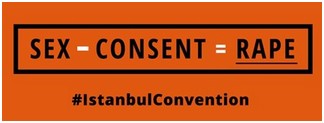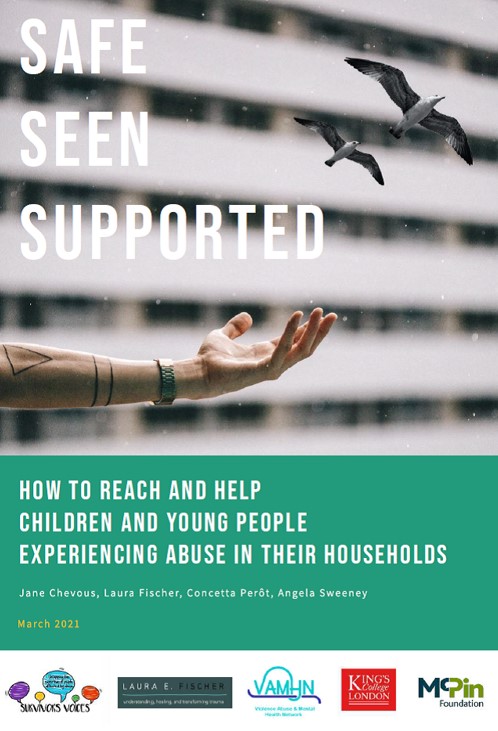EU -“Sex Without Consent Is Rape: EU Countries Must Change Laws to State This Clearly”
Извор: WUNRN – 18.03.2020

SECRETARY GENERAL – STRASBOURG – 6 MARCH 2020
Based on International Women’s Day 8 March, Council of Europe Secretary General Marija Pejčinović Burić has called on all member states to change how rape is defined.
In an opinion article published in today’s EU Observer, she says that “Too few of our members treat this crime as seriously as they should, because their legal definitions of rape are not based on lack of consent”. She adds: “This places the burden on those who have been raped to prove that they – most often women – are victims.”
The Secretary General also notes that monitoring by the Group of Experts on Action against Violence against Women and Domestic Violence (GREVIO) has found that many criminal justice systems in Europe maintain force-based definitions of rape.
“States must take full responsibility and change their laws to conform with the Istanbul Convention and the time to act is now”, she stresses.
Sex without consent is rape. European laws must reflect this
Marija Pejčinović Burić, Council of Europe Secretary General, in EU Observer
According to Amnesty International, some nine million women in the EU have been raped since the age of 15. This already alarming number is even higher across the 47 Council of Europe member states. Equally worrying is that too few of our members treat this crime as seriously as they should, because their legal definitions of rape are not based on lack of consent.
As we mark International Women’s Day, it remains the case that enduring sexism too often determines distorted definitions and implementation of rape-related laws. Frequently, these place the burden on those who have been raped to prove that they – most often women – are victims. This must change, and there is a clear route to achieve this.
Through its monitoring, our Group of Experts on Action against Violence against Women and Domestic Violence (GREVIO) has found that many criminal justice systems in Europe maintain force-based definitions of rape. These legal definitions often require evidence that the perpetrator used coercion or that the victim failed to fight back. This is clearly wrong.
Take for example drug-facilitated sexual assault, where the rapist intentionally targets the victim with a date rape drug so that they are incapacitated, or cases where the victim is unable to give consent as a result of intoxication, or simply because the victim is asleep or has a medical condition. The reality is that many women and girls who experience sexual violence do not fight back but freeze, flee or befriend. We must stop insisting that the victim prove that she resisted physically. Where she cannot or does not want to fight back the perpetrator may walk free while she is left stigmatized.
The need for a legal definition of rape based on the absence of consent is a recognised international human rights standard in Article 36 of the Council of Europe’s Convention on preventing and combating violence against women and domestic violence. Known commonly as the Istanbul Convention, this obliges parties to the treaty to criminalize all non-consensual acts of a sexual nature. The good news is that 34 member states have now ratified the treaty. The bad news is that many have yet to amend their legal definitions of rape in line with Article 36. Of those that have been evaluated by GREVIO, only Austria, Montenegro, Portugal and Sweden have amended their criminal codes to define rape as lack of consent. Discussions are under way in many other countries, which is a good sign.
Some member states have led the way. In 2018, for example, Swedish laws were rewritten to remove a previous requirement for the definition of rape that a victim be overcome by force. The new law criminalises intercourse or any other sexual act with a person “who is not participating voluntarily”. Where no reasonable measures are taken to establish the victim’s consent and sexual acts carried out nonetheless, this now amounts to criminal liability through negligence.
The #MeToo movement has given women’s rights great prominence, but activism alone cannot compel change. Freedom from rape as based on consent is a most basic human right, which deserves absolute legal clarity to adequately protect and support victims.
States must take full responsibility and change their laws to conform with the Istanbul Convention. The time to act is now.



